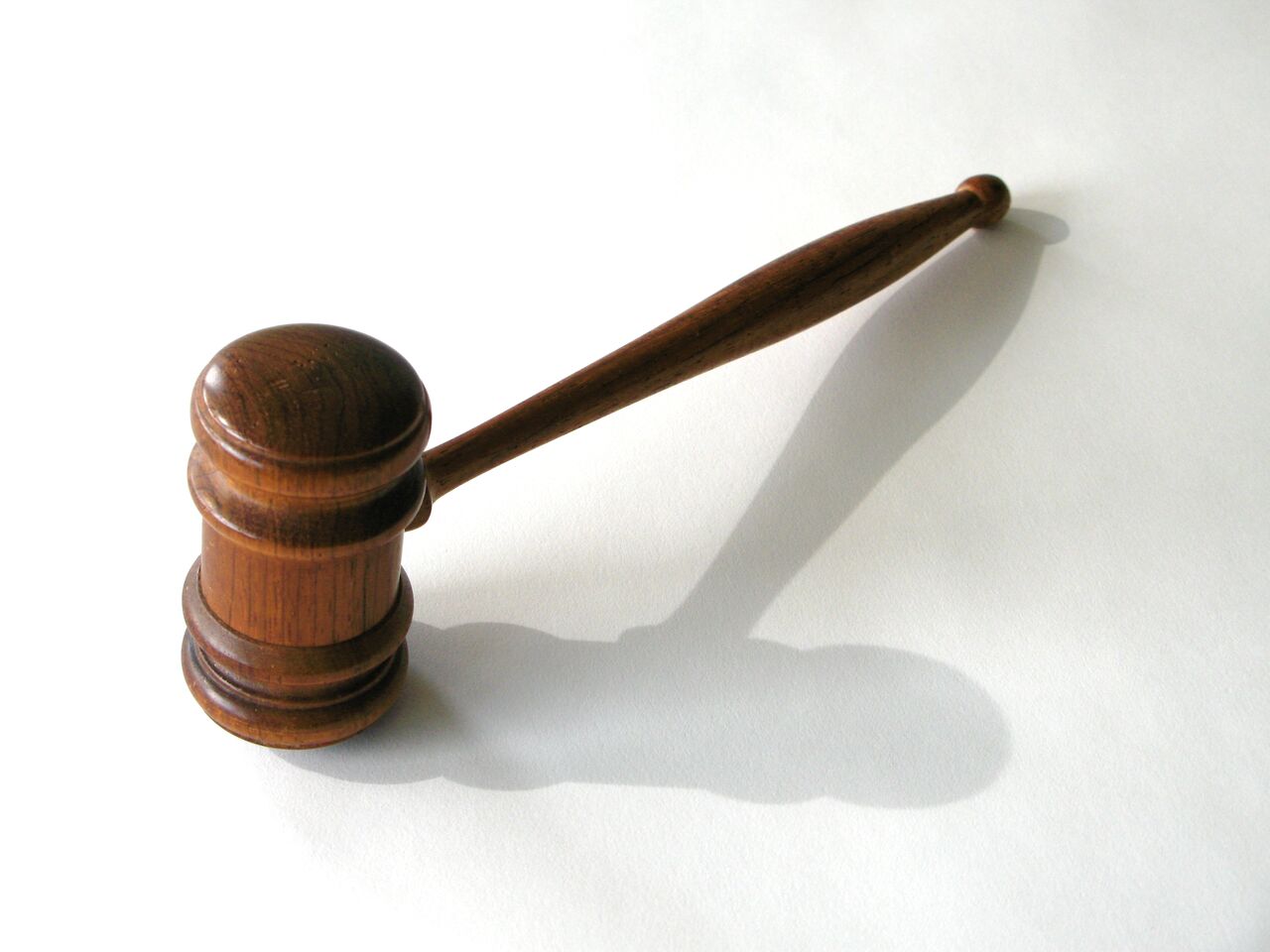
Businesses with commercial leases are subject to different regulations and often do not have the same protections afforded to residential tenants. It is important for owners of businesses to understand their rights when leasing a commercial space in order to prevent lengthy and costly disputes with landowners.
Limits on subleases. If a commercial lease states that a tenant must get approval to sublease the property or rent it to another individual for the remainder of the lease, the landlord may not refuse the sublease absent a valid reason. According to the statute, the tenant must establish that the landlord is acting without justification in denying the request to sublease the property.
Prohibition on rent control. California regulations state that rent control for commercial properties is unlawful. Public entities are restricted from establishing any form of commercial rent control throughout the state, pursuant to the belief that capping rental prices has the effect of dampening competition among entities in the commercial market.
Absence of implied warranty. In a residential lease, a tenant may defend his failure to pay rent on the grounds that the landlord did not maintain the premises in reasonably good condition. This standard is known as the implied warranty of habitability. California does not adopt a warranty of habitability in commercial leases. When a tenant asserts that he has the right to withhold rent due to a lack of repairs, the legal claim is rooted in a contractual obligation if the lease stipulated that the landlord should make such repairs. Some California courts recognize this defense as legitimate, while others do not.
Responsibilities for improvements and common areas. Generally commercial leases obligate the landlord to provide only a shell for a structure. This includes exterior walls, and utility hookups. Under California law, either the landlord or tenant can be designated to make construction improvements. A commercial tenant may also be required to pay a proportionate share of expenses incurred for maintenance of common areas in multi-tenant commercial properties.
When you enter a commercial lease for your business, understanding the statutory law and contractual responsibilities of the parties is essential. Attorney Shane Coons can help answer all your questions. Contact him at 949-333-0900 or visit his website at www.ShaneCoonsLaw.com.
